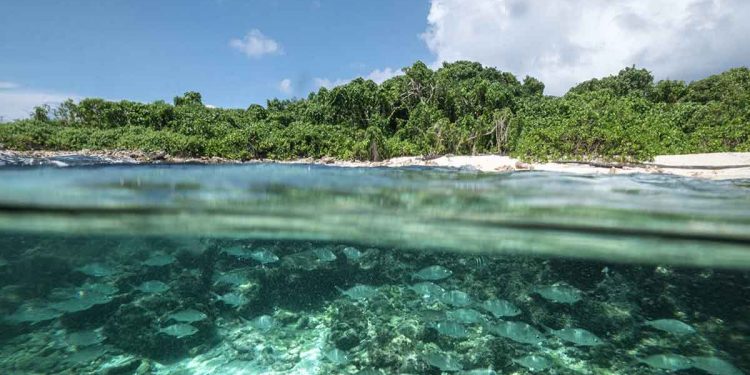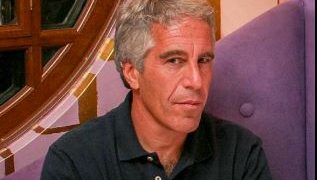Enric Sala
The Seychelles, a string of 115 verdant, rocky islands in the Indian Ocean, recently announced – in the midst of the coronavirus pandemic – that it would protect 30% of its glittering turquoise waters from commercial use.
Safeguarding some 410,000 square kilometers (158,000 square miles) of the sea will benefit wildlife on the shore and in the water, including 100,000 giant tortoises and some of the world’s last pristine coral reefs. But, beyond helping such species, establishing the new Marine Protected Areas – which was made possible through an innovative debt-swap deal – will also bolster the health, wellbeing, and prosperity of the Seychellois, who number under 100,000 but cater to more than 350,000 visitors each year.
Currently hosting only a handful of tourists stranded by the pandemic, the country is under a lockdown aimed at preventing the further spread of the virus. President Danny Faure’s decision to press ahead with this protection effort, even as his country deals with a public-health emergency, serves as a powerful reminder of the importance of nature to people’s physical and economic wellbeing – and not just in the Seychelles.
The human, economic, and social consequences of the rapid and devastating global spread of the coronavirus will last for years to come. And with the pandemic still unfolding, the most urgent priority is to support those directly affected by the virus and its associated hardships.
But this pandemic has also provided us with unprecedented and compelling proof of how closely our fate is linked with the health of the natural world. And right now, our relationship with nature is broken. We have cut down forests, overgrazed grasslands, built ports and roads, and expanded our cities at a rapid rate, destroying countless natural habitats. At the same time, we trade wildlife globally, moving common and endangered species alike across the world as if they were inanimate commodities.
All of this is bringing us into closer and more frequent contact with viruses that can spread from animals to people, including the COVID-19 coronavirus and dozens of other deadly and debilitating illnesses, from HIV to Ebola. Likewise, our degradation of marine ecosystems causes blooms of pathogens that can cause potentially fatal diseases such as cholera.
The good news is that far-sighted political leaders and the United Nations are already formulating nature-focused action plans that could help to stop the next pandemic before it starts. These strategies include conserving ecosystems and wilderness that are still untouched by human activity, clamping down on wildlife trade (including by educating people about the risks of consuming wildlife), and restoring and protecting significant areas of land and ocean.
The world already safeguards 15% of its land and 7% of the ocean. But, for the sake of our health and prosperity, we must do more. Indeed, there is increasing agreement among countries that we need to return half the planet to nature and use the other half responsibly, and that we should start by protecting at least 30% of it by 2030.
Both nature and people would benefit. Research shows that abundant animals, plants, insects, and microbes living in complex, mature ecosystems can limit the spread of disease from animals to people.
But natural places do much more than provide a safety net against illness. They also shield us from the destructive power of extreme weather, safeguard us from our own pollution, and supply us with food, medicine, and leisure opportunities.
The Seychellois depend on the land and sea for their incomes and food. Fishing employs 17% of the country’s workforce and provides the population with a low-cost, sustainable source of protein. Tourism, which is concentrated along the Seychelles’ coastlines and is driven by the country’s natural beauty on land and underwater, employs some 25%.
Safeguarding 30% of the country’s waters will end harmful activities within the fully protected areas while bolstering sustainable fishing around them. And keeping the country’s natural places pristine – including, in addition to its seas, its mangrove forests, seagrass beds, and salt marshes – can help to ensure that the Seychelles remains the natural paradise that draws responsible visitors.
When the worst of the pandemic has passed and the world embarks on the hard work of nursing its people, societies, and economies back to health, we must not overlook the need to care for nature and let nature care for us. A healthy environment is our best antiviral, and protecting more of it will help us to rebound from this pandemic and stop the next one before it starts.
Many countries are already demonstrating how we can build stronger bonds between nature, our economy, and our health. And the Seychelles’ recent marine-protection initiative offers hope that if every country, no matter how small, does its part, the planet can be safer and more prosperous for all of us – just as nature promises.
Enric Sala is Explorer-in-Residence at the National Geographic Society. ©Project Syndicate






































